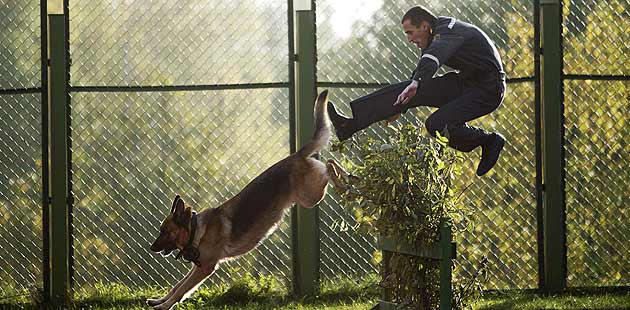Illegal taxis in Shanghai facing crackdown
Updated: 2012-07-31 12:03
By Zhou Wenting in Shanghai (China Daily)
|
|||||||||||
A brigade of secret investigators will be established to deal with illegal cabs in Shanghai, according to a senior transport official in the municipality.
The team will facilitate obtaining evidence to identify illegal taxis and help crack down on the proliferation of them in the market, said Yang Xiaoxi, deputy head of the Shanghai Municipal Transport and Port Authority.
The brigade will draw experiences from Hong Kong, he said, which means the law enforcement officials gather evidence disguised as passengers after receiving reports of illegal cabs from residents.
Some strict requirements will standardize the operation, he said. "For example, law enforcers must go in pairs, and audio and video recordings must be taken."
Yang stressed they will ban the practice of entrapment after the government issued codes of conduct for law enforcers in 2010, which forbid all improper means, including inducement, deception and coercion, when investigating and collecting evidence of unlicensed taxi operation.
The document was enacted after several incidents of entrapment raised public concern in recent years.
Zhang Hui, a resident of Shanghai's Minhang district, was identified as an illegal cab driver and was fined 10,000 yuan ($1,570) when he gave a ride to a man who claimed he was suffering a stomachache and rushed to a hospital in September 2009.
Believing in the lack of a legal basis for the fine and the law enforcers' violation of law, Zhang filed a lawsuit, which declared the method of obtaining evidence in the case was improper and led to a false judgment.
Sun Zhongjie, from Henan province, cut off the little finger of his left hand in October 2009 to protest an alleged trap after he was accused of being engaged in the taxi business without a license in Pudong New Area.
The driver insisted the law enforcer, who pretended to be a passenger, got into the car before Sun approved, and he did not ask for a fare.
"We are all afraid of being hooked," said Cao Bo, a 44-year-old taxi driver. "And in addition to a secret investigation, there are other effective approaches to chop the illegal market."
Some traffic police stopped cars in the name of detecting drunken driving, and asked the driver and the passenger to give each other their names.
"If they fail to give answers consistently, there may be a chance the car is illegally operating," said Cao.
Taxi drivers had expected the crackdowns on illegal cabs would be stronger, especially in uptown districts.
"Unlicensed cabs are ubiquitous in the municipality, and they are severely harming our business," said a 58-year-old taxi driver named Xie.
Wang Xiaodong, an unlicensed cab driver, said that actually, the law enforcers and the illegal operators are quite familiar with each other's practices.
"We know they have targets to catch a certain number of unlicensed taxis every month. After we pay a fine of 5,000 yuan, they won't look for trouble with us for several months, which is like a tacit understanding between us," said Wang, 32, who operates in suburban Songjiang district.
Residents hope the government can upgrade public transportation, which is believed a key to driving out illegal cabs.
"Unlicensed cabs line up at some subway stations and they don't even have to solicit business because there are no bus stops or enough taxis," said Zhao Wei, a 49-year-old Shanghai resident.
"The large number of unlicensed cabs proves the demand of the public. We hope there will be shuttle buses to take us home from subway stations," she said.










